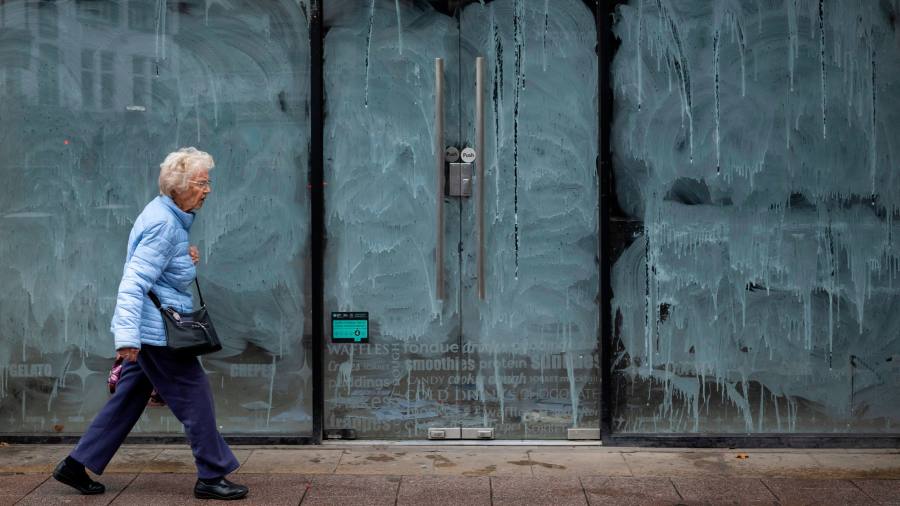
New stealth taxes on capital gains and dividends risk holding back entrepreneurs and new companies in the UK, business leaders and tax experts warn.
The measures announced by chancellor Jeremy Hunt in his Autumn Statement on Thursday could see more small businesses join the 500,000 that had disappeared in the pandemic, said Craig Beaumont, chief of external affairs at representative body the Federation of Small Businesses.
“Between rising energy costs and these taxes, we will see more and more business owners looking for the exit, which is exactly the worst thing to do when we need employers driving growth,” he said. “The government cannot talk about wanting to make the UK a home for enterprise and then make enterprise much more expensive.”
Hunt announced in the statement that he would cut the tax-free threshold on capital gains tax charged on the sale of assets from £12,300 to £6,000 from April 2023 and then to £3,000 from April 2024, a move that is projected to raise £1.6bn during the next five years.
Small business owners who pay themselves in dividends from a company’s profits will also be hit by a reduction in the tax-free allowance from £2,000 to £1,000 from this April and then £500 from April 2024.
Tax experts said that business owners would be more likely to accelerate sales of their businesses ahead of the April deadline on CGT, and warned that the measures undermined the attraction of owning a business in the UK.
Praveen Gupta, national head of tax at Azets, the accounting firm, said business owners thinking about selling their companies could speed up plans.
“With the CGT allowance set to reduce further in April 2024, we might see business owners accelerating transactions, creating a bargain hunt among British businesses and a flurry of activity in the next four months, with potential buyers able to capitalise on cut-price deals for long-term investments,” he said.
Business groups warned that by targeting smaller businesses, which are often among the most entrepreneurial and quickest to invest during an upturn in the economy, the chancellor would hinder any post-recession recovery.
Many small business owners also complained that they were among the worst hit economically, and received the least help from the government during the pandemic because there was no state support for directors who pay themselves in dividends.
Neil Davy, chief of the Institute for Family Business, said: “The decision to reduce the dividend allowance and capital gains tax exempt amount will be hard news for those small business owners who already had limited support during Covid and face a long, hard winter.”
Hunt stopped short of increasing the rate of capital gains tax — a measure that had been rumoured ahead of the statement as a way to raise billions of pounds to plug the government’s £55bn fiscal hole.
But Chris Etherington, partner at accounting firm RSM, said there were now very few revenue raising areas left to the chancellor that do not involve increasing capital gains rates.
“A lot of people will be thinking ahead of the next Budget that this is an opportune time to sell, particularly if values start to dip,” he said.
Meanwhile, the slash in tax-free allowances is also expected to lead to hundreds of thousands more taxpayers filing self assessment tax returns potentially overwhelming HM Revenue & Customs.
A report by the Office of Tax Simplification in 2020 estimated that cutting the capital gains tax allowance to £6,000 would force an extra 235,000 individuals to report a gain.
John Cullinane, director of public policy at the Chartered Institute of Taxation, raised concerns that these changes meant HMRC could find it difficult to process the extra tax returns, which “will increase their administrative burden significantly at a time when they are already struggling with demands on them.
“We are already deeply concerned about the difficulties both advisers and taxpayers face getting timely responses and action from HMRC,” he said.